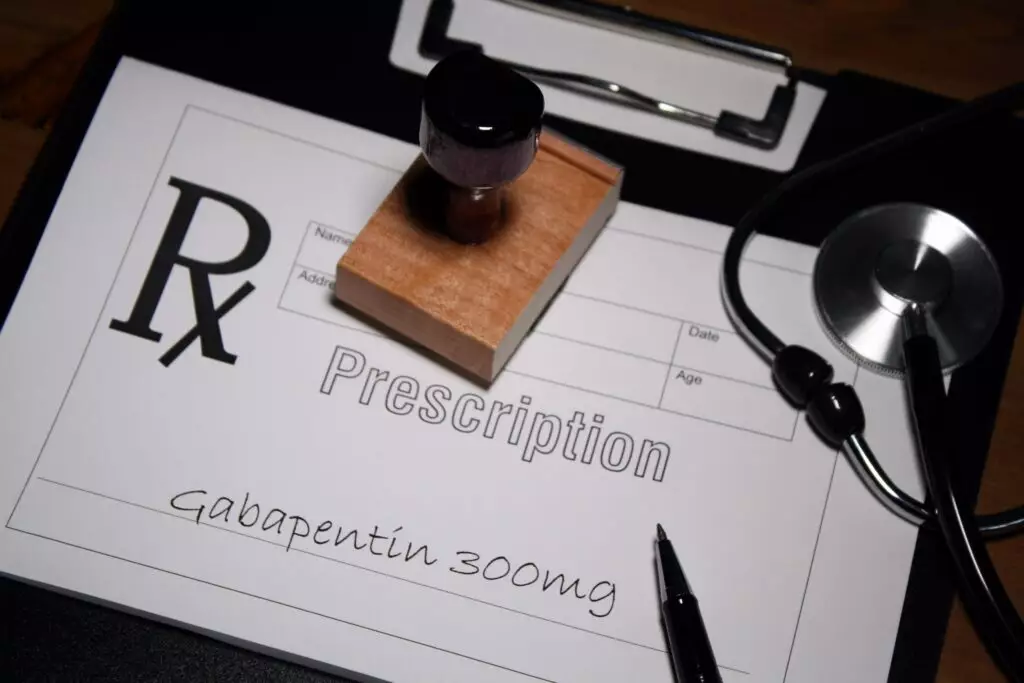Studies suggest that gabapentin, an anticonvulsant medication that reduces the intensity of withdrawal, may be a valuable tool in the ongoing battle against opioid addiction.
Withdrawal from opioid drugs is so difficult that addicted people may relapse into substance abuse to relieve the painful symptoms. Others are hesitant to enter treatment at all for fear that detox from opioid drugs will be overwhelming. As a result, too many people remain trapped in potentially deadly addictions.
Opioid addiction is a massive problem across the United States, with no sign of going away anytime soon. The Center for Disease Control (CDC) reports that overdoses have claimed more than 770,000 Americans since 1999. Nearly three-quarters of those deaths were due to opioid drugs, including heroin, fentanyl, or prescription painkillers.
More research is needed before understanding exactly how gabapentin works and whether the benefits outweigh the risks.
Taking Gabapentin for Opiate Withdrawal Symptoms
Gabapentin, marketed as Neurontin, Horizant, and Gralise, is a relatively new drug first approved for use in the early 1990s. Doctors prescribe gabapentin for certain types of seizures, diabetic neuropathy, restless leg syndrome, and nerve pain that often accompanies shingles. Doctors also prescribe the medication off-label to relieve anxiety, migraine headaches, insomnia, and to ease withdrawal from addiction to alcohol and benzodiazepines.
For opioid addicts, gabapentin reduces the severity of withdrawal symptoms, including muscle cramps, anxiety, depression, restlessness, tremors, agitation, irritability, and insomnia. Medical experts aren’t sure exactly how it helps, but basically, gabapentin alters and calms the way the brain responds to pain.
Although it isn’t a magic bullet, gabapentin for recovering addicts may help some people stay in treatment longer and remain abstinent when used in conjunction with standard addiction treatment and other medications. However, taking gabapentin for opiate withdrawal isn’t entirely risk-free.
Gabapentin for Opioid Withdrawal: Possible Side Effects
Gabapentin is well tolerated by most people when taken as prescribed, and most side effects tend to be relatively minor, including:
- Dizziness
- Drowsiness
- Flu-like symptoms
- Hoarseness
- Lethargy
- Fluid retention in legs, arms, feet, or hands
- Involuntary eye movements and problems with coordination are possible and may be more severe.
The following side effects are less frequent and usually not severe:
- Blurred or double vision
- Diarrhea
- Constipation
- Indigestion
- Cough or congestion
- Dry or irritated mouth and throat
- Weakness
- Nausea
- Irritability
- Difficulty speaking
- Backache
- Weight gain
- Hyperactivity
Depression, anxiety, irritability, mood changes, and respiratory difficulties are infrequent but may be more severe. Side effects such as confusion, hives, serious allergic reactions, increased thirst, gas, liver problems, insomnia, decreased sexual desire, and suicidal thoughts are possible but rare.
Many side effects are mild and go away as your body gets used to the medication, but call your health care provider if the effects are uncomfortable, or if you have worries or concerns. Some side effects may need medical attention.
Gabapentin is Dangerous When Misused: Addictive Potential
Prescribing gabapentin for opioid withdrawal has helped many people kick the habit and is generally safe when used as directed. However, gabapentin itself can be addicting when misused.
Gabapentin is a non-narcotic medication, initially thought to present a low potential for abuse. However, law enforcement officials and first responders report that illicit use of gabapentin has risen substantially in the last few years. Gabapentin purchased on the street is typically used to enhance the impact of heroin, methadone, prescription painkillers, and other opioid drugs.
Opioid addicts may take gabapentin to hold off withdrawal symptoms when a drug of choice isn’t available, or to attempt at-home detox from opioid drugs. Oral use of the medication in pill form is most common, but the medications can also be crushed or snorted, chewed, or injected.
Gabapentin alone doesn’t generally cause overdoses, even when used at high doses, but the risk is increased significantly when opioid drugs and gabapentin are used together. The Food and Drug Administration (FDA) notes that serious consequences include respiratory depression and a greater risk of fatal overdose.
The combination of opioid drugs and gabapentin is hazardous for people with substance abuse disorders, the elderly, or those with COPD or other respiratory problems. Although gabapentin isn’t a federally controlled drug, spikes in illicit use and a high potential for abuse have prompted several states to move the drug to their controlled substances lists.
The Drug Enforcement Administration (DEA) reports that prescriptions dispensed for gabapentin have increased substantially since 2011.
Gabapentin During Pregnancy: Infants May Experience Withdrawal at Birth
It’s common knowledge that unborn infants exposed to opioids can have severe withdrawal symptoms after birth. More recently, the CDC reported that unborn babies exposed to both opioids and gabapentin could have severe and unusual withdrawal symptoms, including involuntary muscle twitching, tongue thrusting, restlessness of the arms and legs, back arching, and rapid eye movement.
There are legitimate reasons for women to use medications during pregnancy. Still, physicians should ensure that women who use opioids and/or gabapentin are monitored, and infants should be closely watched for several days after birth. The FDA advises that the drugs be prescribed for pregnant women only when a physician determines that the potential benefit justifies the risk.
Learn More About Gabapentin for Opiate Addiction
Kicking the opioid drug habit is tough, but 1st Step Behavioral Health and a local research-based drug detox facility will work with you to ensure your withdrawal from opiates is as safe and comfortable as possible. Together, we will devise a personalized treatment plan and determine if gabapentin is the right choice for you.
If you’re concerned about a dependence on gabapentin, we can help with that, too. Don’t wait to get started. Give 1st Step a call today at (866) 971-5531 or contact us here for more information.
Jump to a Section
Call (855) 425-4846
